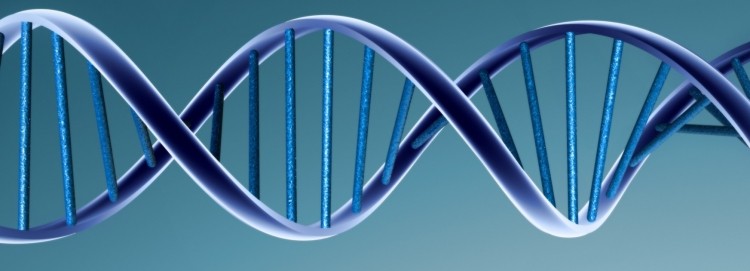When it comes to ethical debates, the decision to patent human DNA is one of the most controversial. It might seem ridiculous, but for the past three decades the American government has been awarding patents to biotechnology companies, providing them with exclusive rights to naturally-occurring genes. As of Thursday, the Supreme Court put an end to this practice.
According to CBC, the judgement was unanimous, and the reasoning behind the reversal was rather straight-forward. The court explained that both abstract ideas and natural phenomena cannot be patented, and that in regard to the second requirement, the human genome is protected.
So why did it take so long to make the amendment? Not surprisingly, it would appear that nothing in law is ever simple, especially when it defies logical thinking.
One such example is Myriad Genetics Inc., a biotechnology company that has isolated and patented two genes linked to breast and ovarian cancer. Using these patents, the corporation has developed a way to test their patients for mutations in the aforementioned genes. If correctly identified, these women are three to seven times more likely to recieve the afflictions. Myriad's patents have prevented other researchers from working with the faulty gene, making it extremely difficult for competitors to develop their own tests.
Unlike past verdicts, the court now believes that just isolating the gene is not enough to warrant ownership. Justice Clarence Thomas, who wrote the court's decision, added, "We hold that a naturally occurring DNA segment is a product of nature and not patent eligible merely because it has been isolated."
It's important to note that the judgement will have no effect on synthetic DNA - these products are not considered 'natural phenomena' and are, therefore, completely legal to patent.
